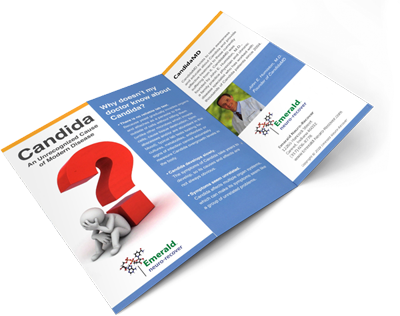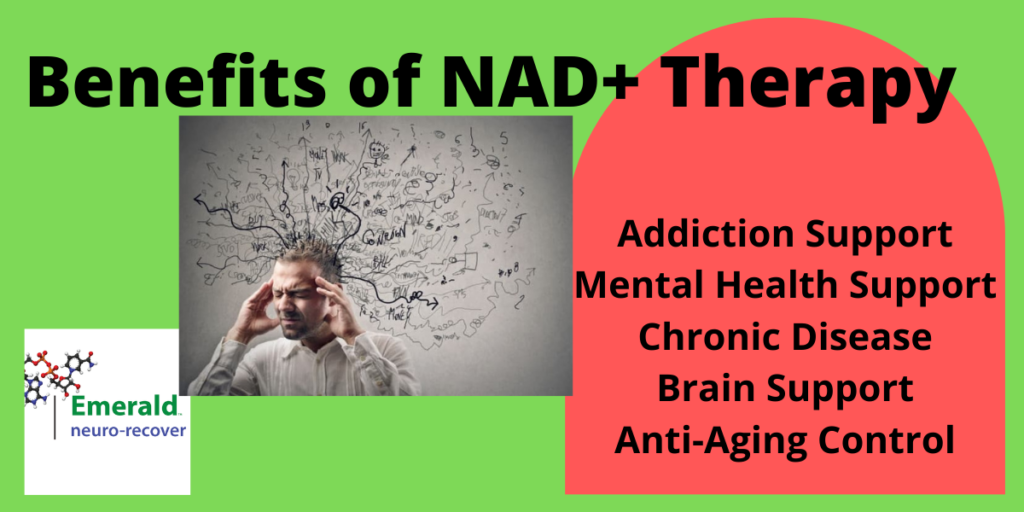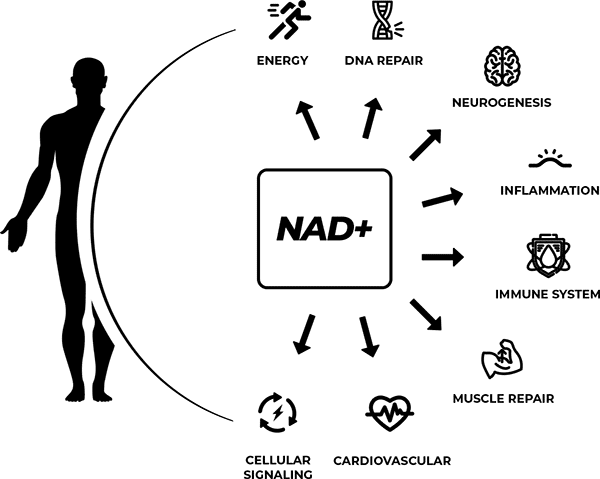What is Candida?
“Candida” is an overgrowth of fungi or yeasts in the body. It affects adults and children and is the root cause of many common medical conditions including:
- Fibromyalgia
- Chronic fatigue
- Insomnia
- Depression
- Anxiety
- Diabetes
- Migraine headaches
- Irritable bowel syndrome
- GERD (heartburn)
- Obsessive-compulsive disorder
- Food cravings
- Attention Deficit Disorder ADD/ADHD






